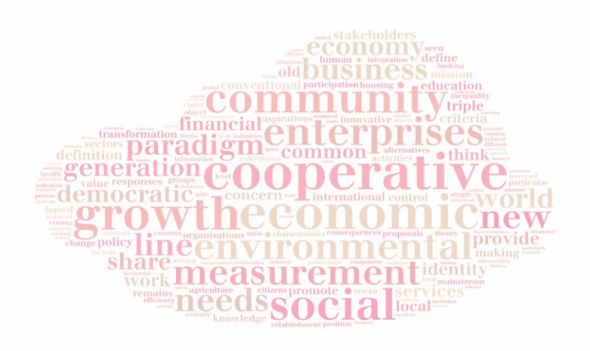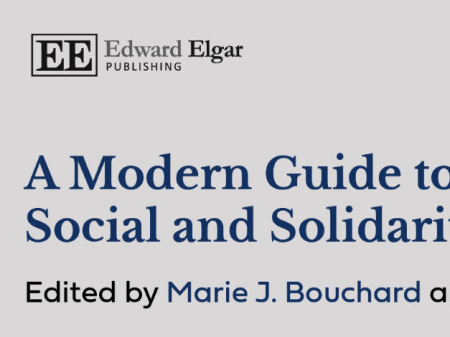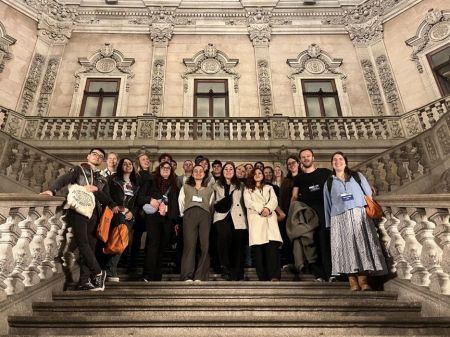We are pleased to share news of a new book relevant to…
Co-operatives must help redefine the concept of growth

With the Blueprint for a Co-operative Decade establishing the goal that by 2020 co-operatives should become “the fastest growing form of enterprise”, the Movement should also look at redefining the concept of growth.
A report commissioned by the International Co-operative Alliance to CICOPA (the International Organisation of Industrial, Artisanal and Service Producers' Co-operatives) highlights the need to develop a new approach to the concept of growth, encouraging co-operatives and co-operators to play an active role in making this happen.
“As growth and GDP are redefined, co-operative enterprises and co-operative research should actively participate in their definition”, reads the report.
The report leaves from the premise that current indicators fail to provide an accurate view of growth, particularly when assessing the growth of co-operative enterprises.
In 2009 Nobel Prize winner Joseph Stiglitz emphasised the need for better growth indicators. He warned that the GDP did not provide a good measurement of well-being or even market activity, and that poor measuring may contribute to a worsening of living standards. CICOPA's report supports Stiglitz's theory. Edited by Bruno Roelants, Secretary-General of CICOPA, with contributions from seven academics and industry experts, the report focuses on the changes brought by the economic crisis, with regard to the concept of growth.
In the first part of the report, which was unveiled at the Alliance's Global Conference in Cape Town, Pierre Laliberté looks at both the shareholder and stakeholder models. “The resilience of co-operatives in times of crisis demonstrates that the co-operative model adds value to both economic and social outcomes,” writes Mr Laliberté.
Therefore, he argues, the co-operative movement should stop adapting to the environment set by other less successful players and seek more fundamental changes to the legal and economic frameworks in which in operates, making them more congruent to its own set of values.
To assess whether co-operatives will indeed become the “fastest growing” enterprise model by 2020, it is essential to measure growth against their own states mission and characteristics. This measurement, highlights the report, cannot be reduced to criteria related to only one dimension – purely financial or economic.
The report encourages the co-operative movement and trade unions to pursue the discussion about an alternative growth and development model. It argues that indicators of economic progress should be in line with co-operative values and principles.
According to the report, standard growth indicators currently being used such as GDP fail to take into account issues such as inequality, sustainability, and environmental or social concerns. It adds that the search for a new growth measurement model should be based on a different set of values such as dignity, solidarity and democracy.
After redefining growth, the report suggests co-operatives launched a vast consultation and advocacy campaign with governments and regional or international organisations.
The full report is available online.




